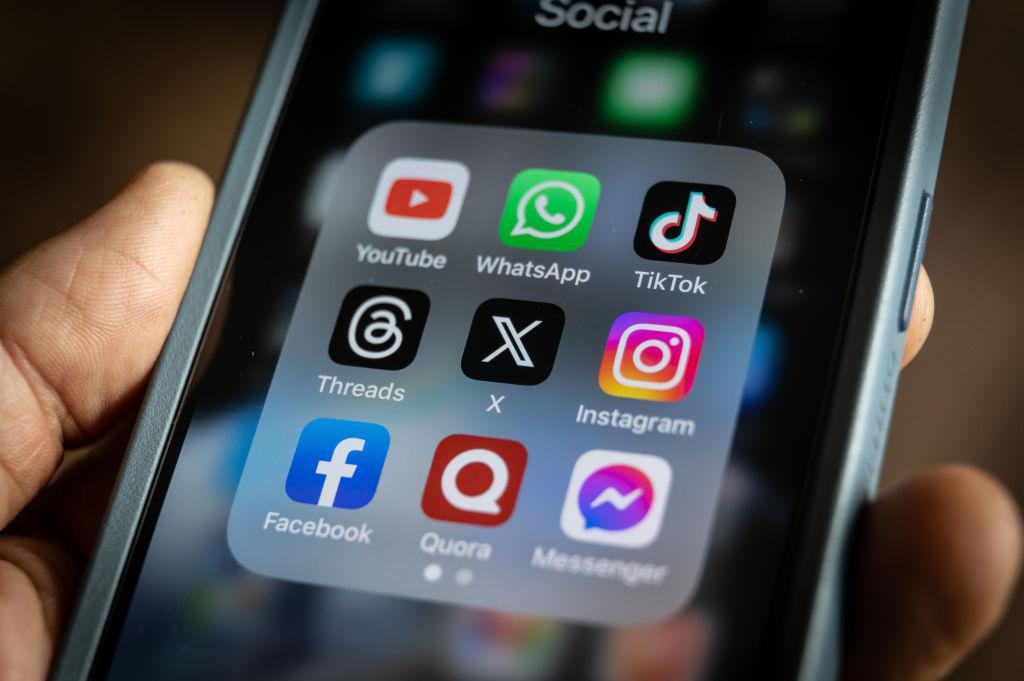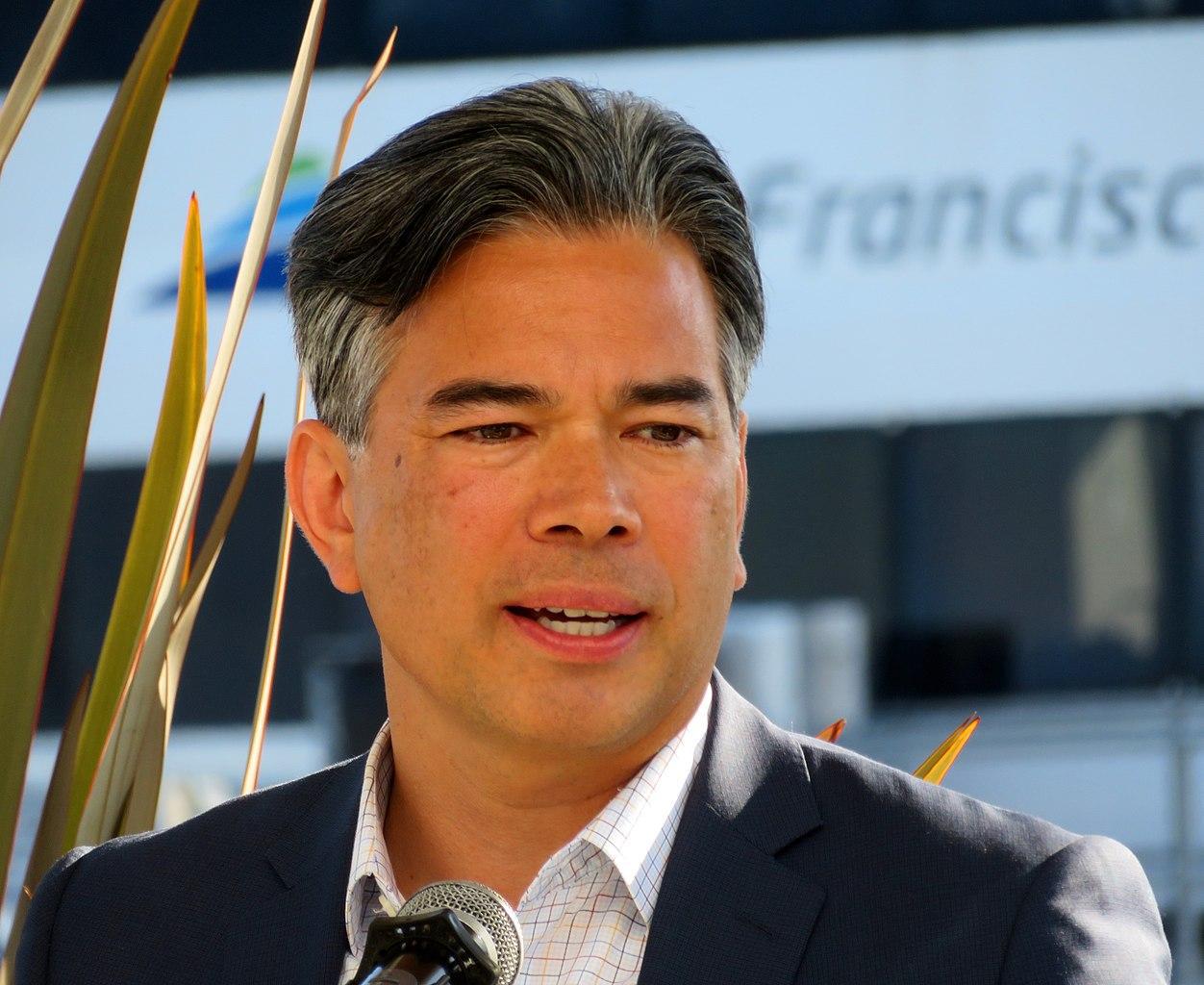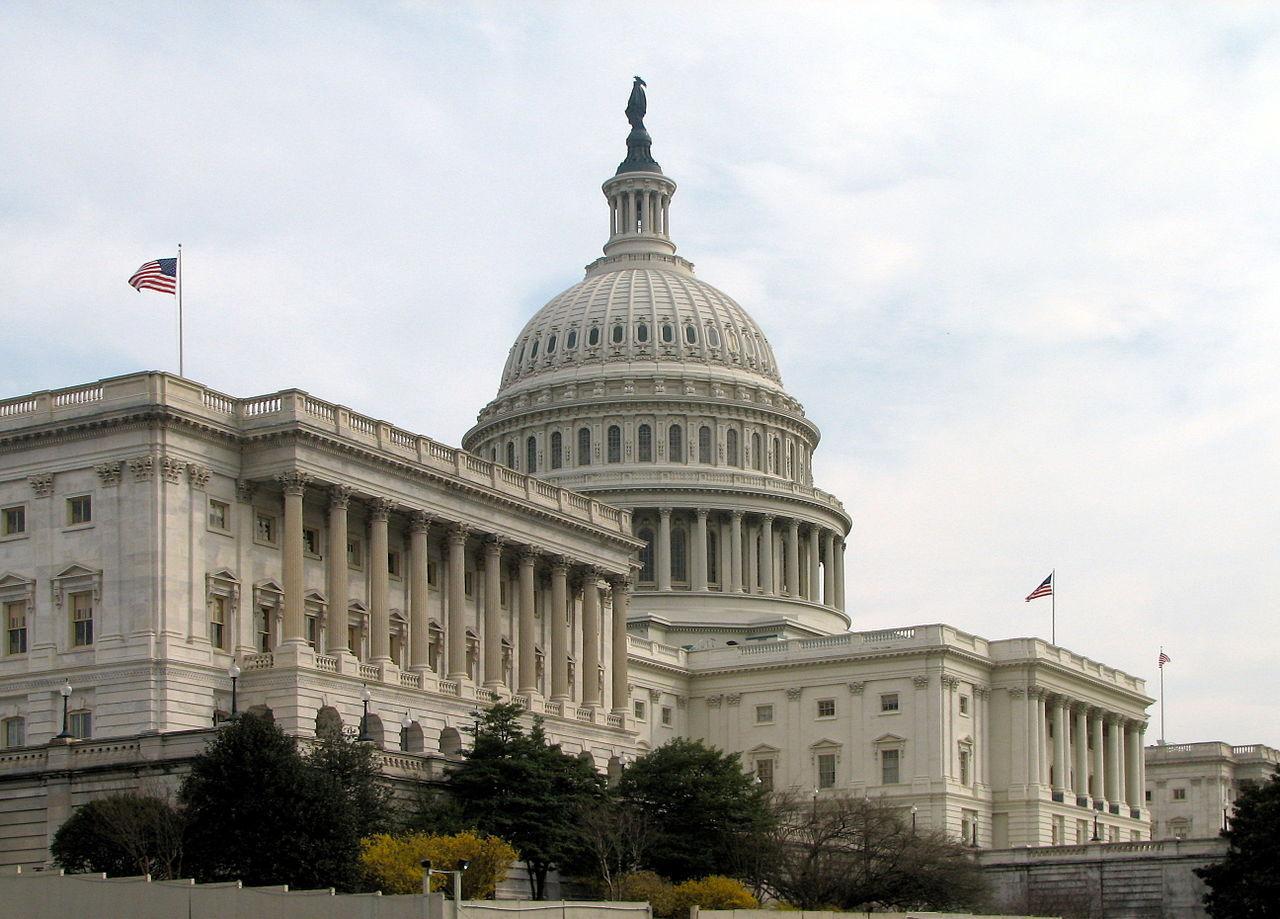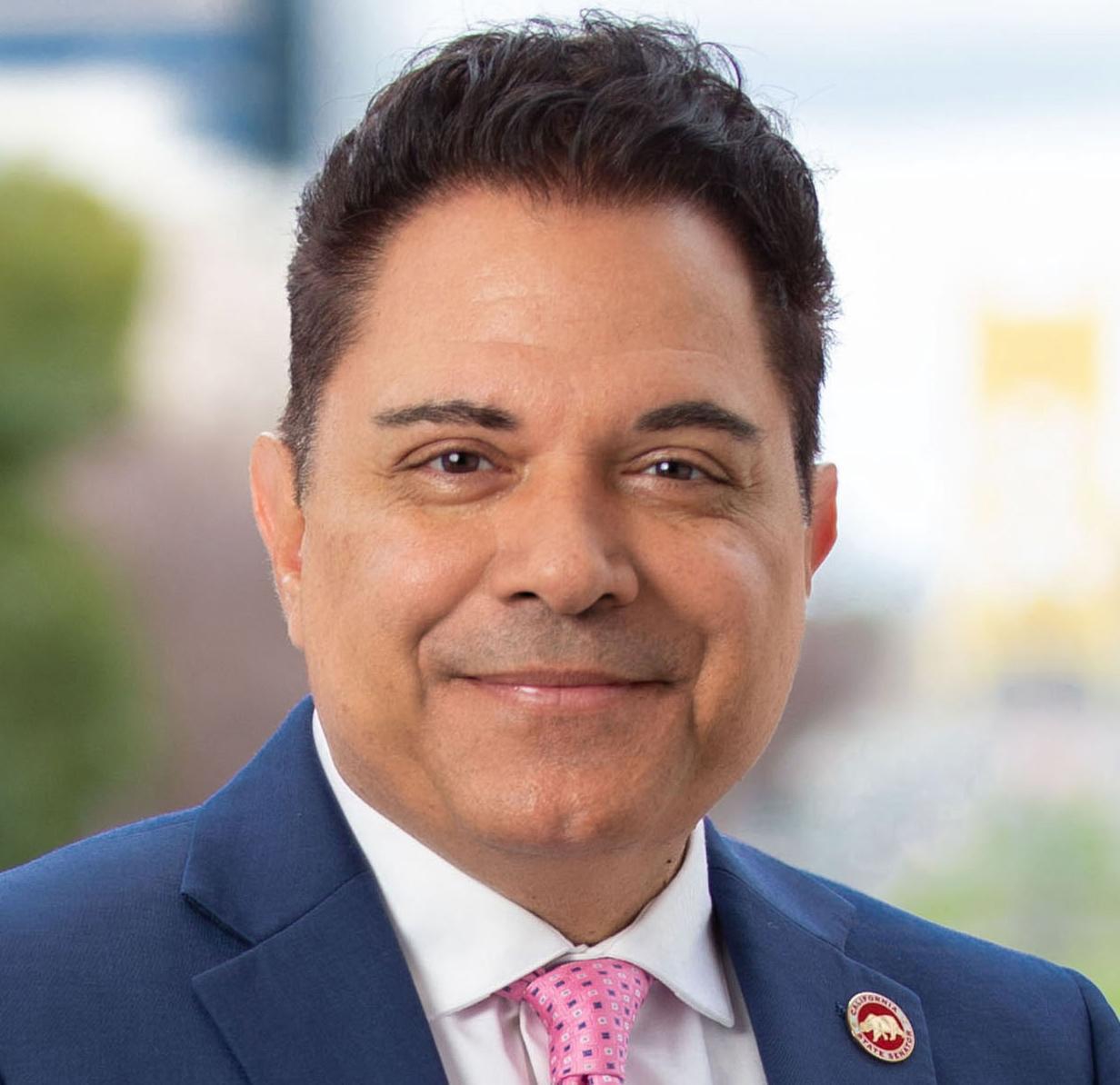California Senate Passes Bill That Has The Potential to Threaten Anonymity and Free Speech Online
Gavin Newsom’s California recently passed a bill that has the potential to threaten anonymity and free speech online in an attempt to ensure kids are better protected on the internet.
The new bill will force minors who wish to create a new social media account to verify their age first. However, experts argue this could potentially undermine the First Amendment, a fundamental pillar of American democracy that protects the right of free speech for all US citizens.
The New Bill
The new Californian bill, SB 976, aims to introduce several new regulations for minors who use social media. The first is that minors will be banned from using social media during school hours and from midnight until early morning hours unless a parent states otherwise.

Source: Freepik
The bill also wants to establish a chronological, not algorithmic, social media feed for young children using the apps. These features are only permitted so long as the company has “reasonably determined” the user is not underage.
A Coalition of Organizations Issue a Warning
In opposition to the bill, a coalition of business organizations and technology companies, including the California Chamber of Commerce and Technet, warned, “The fact is there isn’t a reliable method of verifying age and identity without collecting users’ personal information such as government IDs, birthdates, and other information.”

Source: Freepik
They continued, “This is even more difficult when trying to verify minors, who often don’t have identification,” per NBC Montana.
ID-Based Verification for Social Media Is Becoming Increasingly Prominent
The new bill, SB 976, doesn’t require ID-based verification. Several similar laws were recently implemented in other states, including Arkansas, Ohio, and Utah, with the sole purpose of limiting online content for minors.

Source: Matt Cardy/Getty Images
Excerpts have predicted that due to the sheer size of California’s market, numerous companies may begin asking users of all ages to verify their date of birth.
Compromising the Privacy of Americans
According to James Czerniawski, Senior Policy Analyst in Tech and Innovation at Americans for Prosperity, to The Center Square, the new Californian bill is an attack on privacy.

Source: Freepik
“This legislative proposal will do little to address the mental health issues concerning children while simultaneously compromising the privacy of not just Californians but all Americans,” said Czerniawski.
Nationwide Compliance For the New Bill
Czerniawski suggested that while the regulation is solely for social media use in California, many companies outside of the Golden State may begin to comply with the new bill.

Source: Freepik
He said, as California “is the largest single market in the country, from a compliance standpoint, companies will be likely to have a uniform approach to apply to all places even if the regulation is just in California.”
Californian Leaders' Support for Bill
Several top leaders from California voiced their support for SB 976, including Attorney General Rob Bonta, who sponsored the bill. During a speech, State Sen Scott Wiener said, “I’ll be voting for this bill today with some reservations.”

Source: Wikimedia
“Unfortunately, there are kids who don’t have that kind of relationship with their parents; sometimes access to these services can be a lifeline for these kids.”
US Surgeon General's 2023 Report
Wiener’s opinion was reflective of the US Surgeon General’s 2023 report, which claimed social media has a “profound risk of harm” to minors who use the various platforms.

Source: Wikimedia
The report continued, “Social media may support the mental health and well-being of lesbian, gay, bisexual, asexual, transgender, queer, intersex and other youths by enabling peer connection, identity development and management, and social support.”
Bill Passed With Ease
When the bill was proposed in the Senate, it passed easily. Only two Republican state senators, Brian Jones and Kelly Seyarto, voted against SB 976. State Sen. Scott Wilk, the only Republican co-author of the bill, abstained.

Source: Wikimedia
The bill will now have to pass committees before coming to a general Assembly vote and the possibility of reconciliation with members of the Senate before it arrives on the governor’s desk.
State Sen. Steve Padilla’s Proposed Bill
Many suggest the new bill could be the first step in ridding people of their anonymity online. It comes just a few months after State Sen. Steve Padilla proposed a bill that would force influential social media users to share personal information.

Source: Wikimedia
If passed, SB 1228 would require social media influencers with 25,000 or more followers to verify personal details about themselves, including their name, email address, and phone number.
Social Media Companies Forced to Verify Users
As per the bill, social media companies would be forced to verify the identities of users who have between 25,000 and 100,000 followers. However, highly influential accounts that breach this number would be forced to verify their accounts using government-issued identification.

Source: Wikimedia
“Verifying the identities of accounts with large followings allows us to weed out those that seek to corrupt our information stream,” said Padilla in a statement.
Consequences of Not Verifying Accounts
The new bill is highly controversial, with many suggesting it is “unconstitutional.” However, if it did pass, it would require social media companies to comply completely, or they could be subject to penalties.

Source: Freepik
Those who don’t comply with the proposed bill could be sued for “injunctive or other equitable relief against a large online platform to compel compliance with the bill.”
